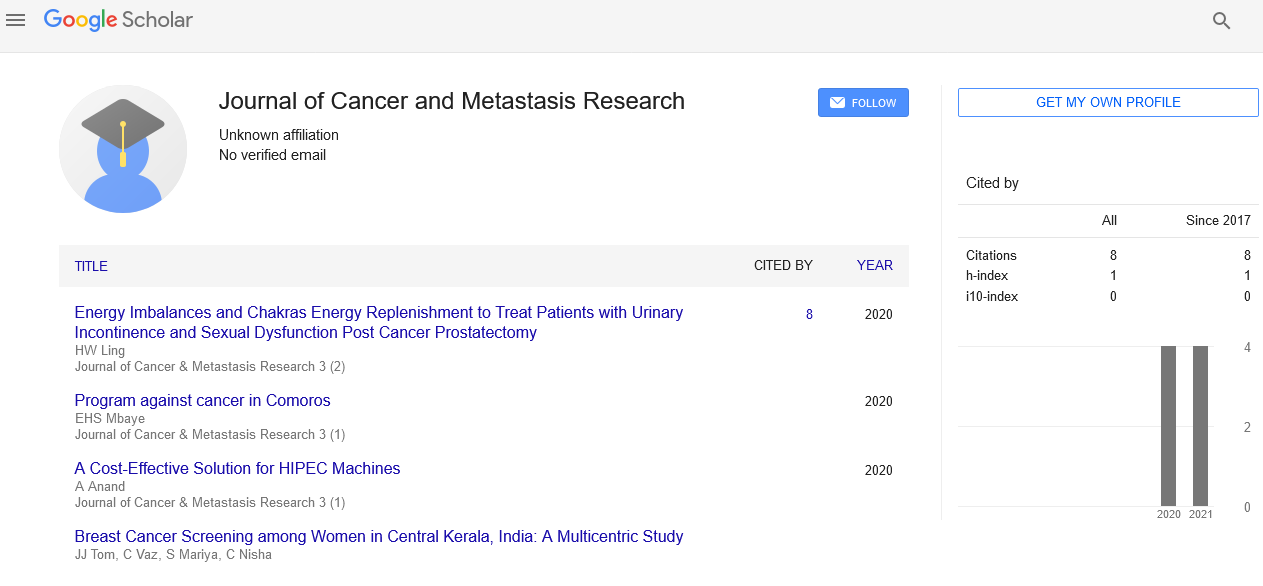emerging artificial intelligence applications on breast cancer early diagnosis
Received: 07-Jan-2022 Accepted Date: Jan 20, 2022; Published: 28-Jan-2022
This open-access article is distributed under the terms of the Creative Commons Attribution Non-Commercial License (CC BY-NC) (http://creativecommons.org/licenses/by-nc/4.0/), which permits reuse, distribution and reproduction of the article, provided that the original work is properly cited and the reuse is restricted to noncommercial purposes. For commercial reuse, contact reprints@pulsus.com
Abstract
Breast cancer (BC) is the most frequent malignancy type and the leading reason for cancer death among women in 2020, representing an incidence for 11.7% of all cancer patients due to Global Cancer Statistics (GLOBOCAN). At the beginning of the diagnosis, more than 90% of BC patients are not metastatic in the early stage. Nevertheless, nearly 20% and 30% of BC patients with early-stage could improve to the metastatic stage due to disease misclassification. Therefore, early diagnosis of BC occurrence is critical to control the disease progression. Recognizing benign and cancer tissue is more complex with the mammogram. Magnetic resonance imaging (MRI) is also a susceptible method for cancer detection; however, it could detect false-positive signals because of specificity. The rapid growth of using image analysis based on artificial intelligence (AI) has been promising to advance currently used conventional breast imaging techniques in recent years. Radionics is an approach that analyzes medical images by using mathematical algorithms based on AI techniques. Additionally, a new research field called radio genomics could establish a connection between radionics results, genetic features, and the gene expression profile of BC patients. Although radio genomics studies have a prominent future for early diagnosis of BC, there are still many problems to resolve associated with the image normalization process, number of data and validation of results? In this oral presentation, the aim is to give an integrated overview of breast cancer-related AI research and the future aspects regarding medicine and genetics research fields for personalized medicine Based on a holistic and global analysis of literature on AI in breast cancer, the study aims to evaluate the AI research targeting promoting early and accurate detection of BC development.





